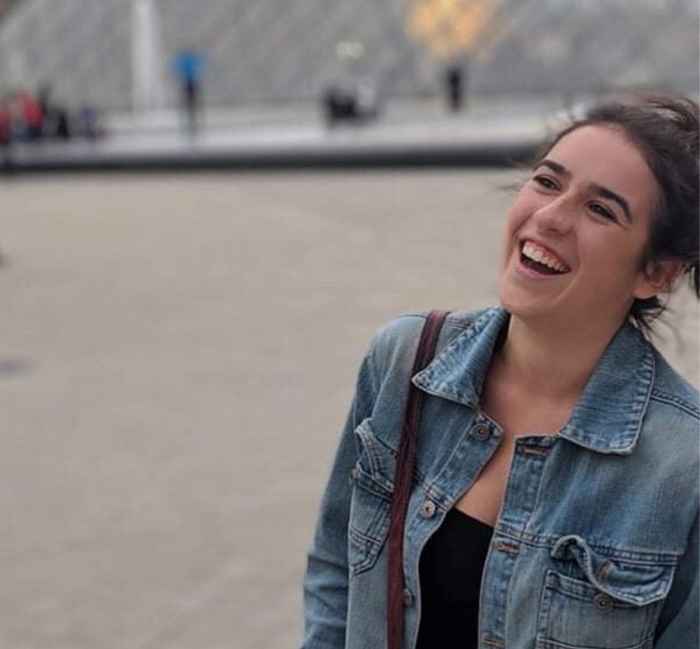‘This Master's has opened my eyes to new avenues of research that I did not know even existed'

Why did you choose this master and what is the added value for you?
'Amsterdam has had a significant impact on my historical interest. My undergraduate dissertation studied how the Netherland’s National Holocaust Museum interacts with its locality in Amsterdam as a city once occupied by Nazi forces. The opportunity to visit genocide-related sites in the same city you are studying in is an experience that is educational and reflective. Therefore, coming here to study was an obvious choice for me. In terms of ‘added value,’ this course is a collaboration between the University of Amsterdam and the Netherlands Institute for War, Holocaust and Genocide Studies (NIOD). Having access to this archival and research centre makes this programme unique.'
What did you do before this study?
'Before I commenced my Master’s Holocaust and Genocide Studies, I did a Bachelor’s History degree at the University of Exeter in the United Kingdom. In my time as an undergraduate, I also did a year’s study abroad at University College Maastricht which is how I came to love the Netherlands.'
What kind of topics do you cover?
'This programme is extremely interdisciplinary and comparative. Many students come to this course with specific areas of interest and all have the opportunity to voice and expand these specialisations within a flexible framework and interpretation of the notion of genocide. Beside the Holocaust, events of mass atrocity such as that seen in Armenia, the USSR, Cambodia and Rwanda to name a few are also studied. There are also modules in Transitional Justice so we can learn about how nations reconcile and rebuild after conflict.'
What do you want to do after this Master’s?
'My desired future career prospects lie within either further academic research in the form of a specialised PhD or in non-profit organisations that aid international development and conflictu resolution. The MA is a great path towards both these aims meaning I have the flexibility and time to decide. As a side-note, the tutors are really helpful in discussing plans and projects so definitely talk to
one if you are unsure!'
Do you have any tips for prospective students?
'What I have learnt in my time on this course is that this opportunity should not only be used to foster and refine whatever it is that you specifically are interested in but to also branch out into new fields and areas that you are yet to have researched. This programme has opened my eyes to new avenues of research that I did not know even existed! Additionally, the great thing about this programme is that the atmosphere is so open and encouraging that it is very easy to contribute to group discussions. So no matter what areas of Holocaust and Genocide Studies you want to bring to the table- you are in a space where everyone shares a vested interest. And everyone brings something different!'